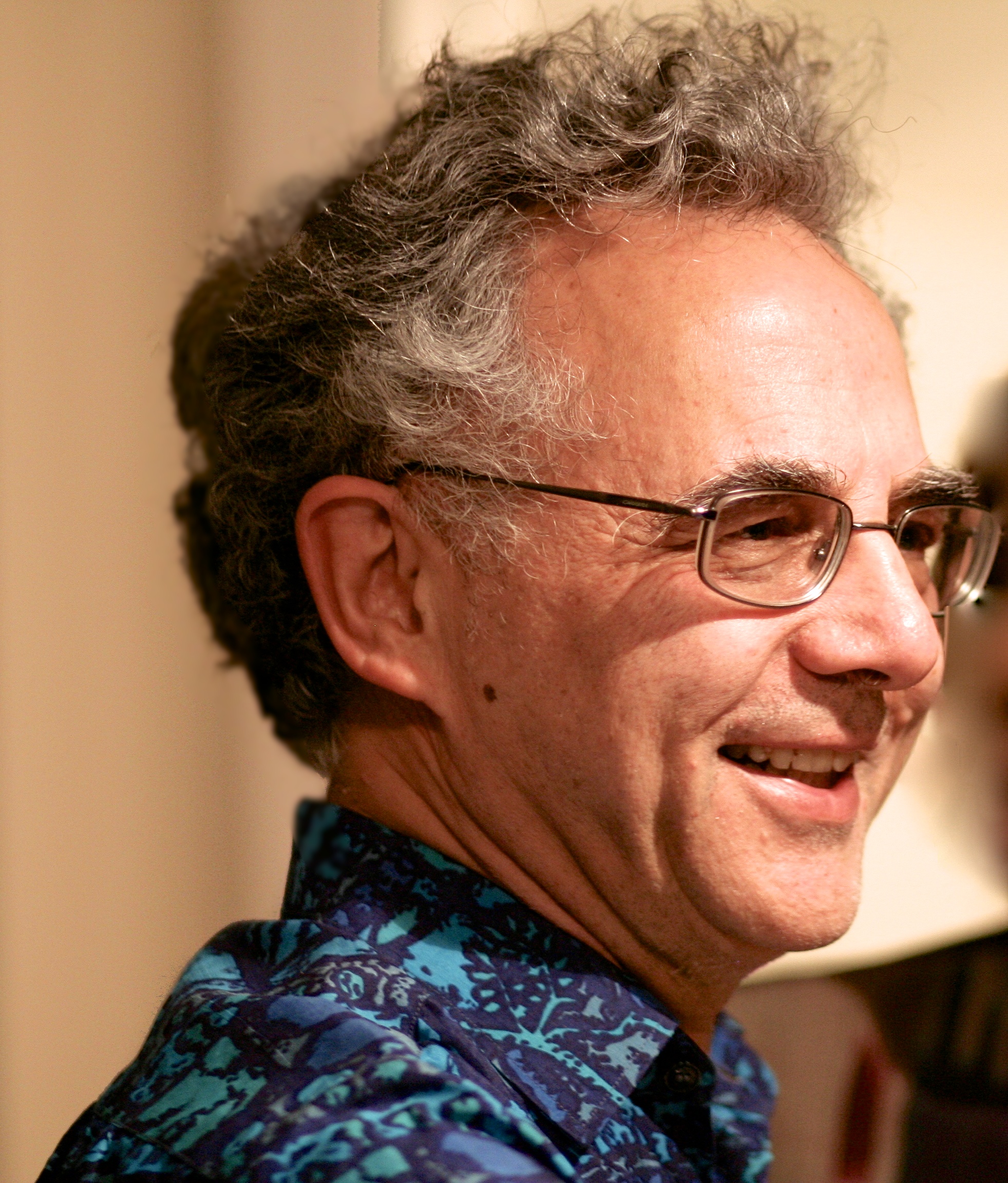HillTimes. July 12, 2017. Oped by John Sinclair
A divided world: G19 + 1
The U.S. retreat from leadership of the west’s liberal multilateralism could open policy space for a new global rulebook.
Normally dull and technical G20, chaired this year by German Chancellor Angela Merkel, rolled out in Hamburg Friday to the familiar noise of smoke grenades and water cannons at a major anti-globalization street protest.
Chancellor Merkel found herself the reluctant de facto leader of the western world, given the continuing flawed performance of United States President Donald Trump. His White House staff were so scatty that they even forgot his hotel bookings!
The G20 debating style was calmer perhaps reflecting exhaustion from the recent very stormy G7 meeting. Participants were more focused, recognising a new consensus on topics like climate change and trade liberalization was out of sight. This still left the G20 sherpas working through the night to cobble together an unusually short communiqué that reflected Merkel’s ambitions for a forward-looking text on the key issues of climate change, trade liberalization, and migration for the Nineteen, plus a separate paragraph for the U.S. to reiterate its negatives, notably its quitting of the Paris climate change agreement. In true G20 style, the actual communiqué text was full of familiar promises and unimplemented plans on topics such as banking reform and measures to reduce tax evasion.
Outside, the protesters were so busy shouting that they (and maybe some G20 members) missed a game-changing transition. Hamburg saw a G20 that broke the traditional G7 exclusivity on geopolitical debate. Even if the challenges are the same, G20 perspectives are intrinsically more inclusive, bridging North and South. Voices such as those of China and India clearly counted more now than those of the United Kingdom, Italy, or Canada. More basically the U.S. under ‘America First’ was seen as isolating itself from its nominal friends, treating them as competitors not allies.
Future G20 meetings could well operate at several levels. Traditional finance-minister roles would continue on topics like global financial systems, notably the International Monetary Fund and too-big-to-fail megabanks. But developing countries as the effective majority in the G20 are now demanding an equal voice in an overdue debate on more inclusive and fair (to the poorest) global financial and trading systems. The U.S. retreat from leadership of the West’s liberal multilateralism will probably open policy space for a new global rulebook. This has been long blocked by U.S. and allied delegations, not just at the G20, but also the IMF and World Trade Organisation.
Most of the action in this G20 took place in private bilaterals, side-meetings between leaders. The showpiece was Trump’s meeting with Russian President Vladimir Putin. Nobody, maybe not even the principals, knew how the chemistry would evolve. While the secret bromance has been widely discussed, they had never met, and both say phone calls cannot convey nuances. The event was billed to last 30 minutes, but ran for more than two hours, even though Melania Trump barged in midway to effectively say ‘time boys’. The hottest topic was whether Putin had really influenced the U.S. election. It was certainly discussed and Trump said he, even if not most Americans, now believed Putin’s denial. They both said they wanted to move on—but to where? New joint peace deals for Ukraine and Syria?
Much more discreet and tense, also unmentioned in the official communiqué, were side discussions between Trump and Chinese President Xi Jinping on North Korea. To most outsiders, a dangerous game of potentially nuclear chicken is being played, with the populations of Seoul and several Japanese cities as involuntary road-kill. Trump, having talked of sharing hamburgers with Kim Jong-un in Washington, is instead now trying to pass the ball to China. But Trump and his advisors know the next move is actually theirs. A hard one to swallow, it involves offering peace to the North Korean leader, rather than showing off who has the biggest bomb. Few in the G20, North or South, supports a dry run at World War III.
Unlike the G7, the G20 is not a cozy forum. With its many special guests, we are talking of maybe 40- plus leaders around the table. Networking skills, a strength of Prime Minister Justin Trudeau, were premium assets. Trudeau proved a useful friend to a harried Merkel, as well as gaining a buddy earlier in his European trip in the new Irish prime minister (but they are our rivals for a next UN Security Council seat). Overall, he had a substantive but not superstar conference role, even earning a Trump ‘shout-out indicating they were close friends ( for now!)
John Sinclair is a Cambridge- educated economist, formerly with the Canadian International Development Agency and the World Bank. As Senior Fellow at the University of Ottawa and a McLeod Group member, he teaches and comments on global issues and international development.
